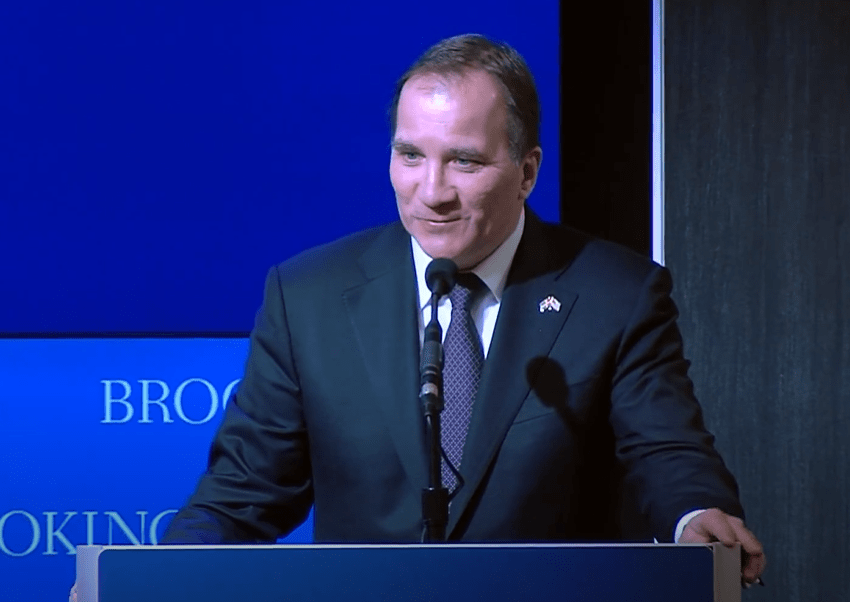Swedish PM Stefan Lofven is ousted by the parliament in a no-confidence motion. Now, the Social Democrat leader has just got one week to either resign and ask the speaker to find a new government, or call for a snap election.
The breaking of government in Sweden is due to the withdrawal of support by the formerly communist Left Party for the center-left government. It withdrew its support over the government’s plan to ease rent controls for newly-build apartments.
In the 2018 election, Lofven got support from two small center-right parties and the Left party to form a coalition with the Green Party. Prime Minister Stefan Lofven has become the first Swedish PM to lose the confidence vote in parliament.
He failed to patch his government’s bonding with the Left Party over the last weekend. Since 1958, the situation of snap elections has never occurred in the country. Besides, the country is going through an unprecedented political crisis. And it would see its effect on the national elections in September next year.
Historic Day in Sweden’s Politics
Many experts are calling it a historic day in the politics of Sweden. And it would affect the future governments in many different ways. Besides, it would also leave its effects on the elections scheduled for the next year.
Stefan Lofven got his second term in 2018 following months of his negotiation efforts after an election. In the 2018 elections, anti-immigration Sweden Democrats got big gains to write the political history of Sweden.
Stefan is popular for his negotiation skills and he used them back in 2018 to form a government in Sweden. He formed a fragile minority government of Social Democrats and Greens with the support of the Centre Party and the Liberals.
Since his government was not a part of any formal agreement, it needed the support of the Left Party. However, the latter refused to back the Lofven party following the government’s decision to ease rent controls for new-build apartments.
A Situation of Political Crisis in Sweden
Lofven’s government tried to placate the situation over the weekend but it didn’t see any positive outcome. Currently, the Swedish parliament is in a deadlock state. And it is not clear who would form a new government.
As per the data available through opinion polls, the center-left and center-right blocs are balanced. Hence, a snap election is not likely to show any clarity. And a new government would only exist following a general election scheduled to take place in September next year.










